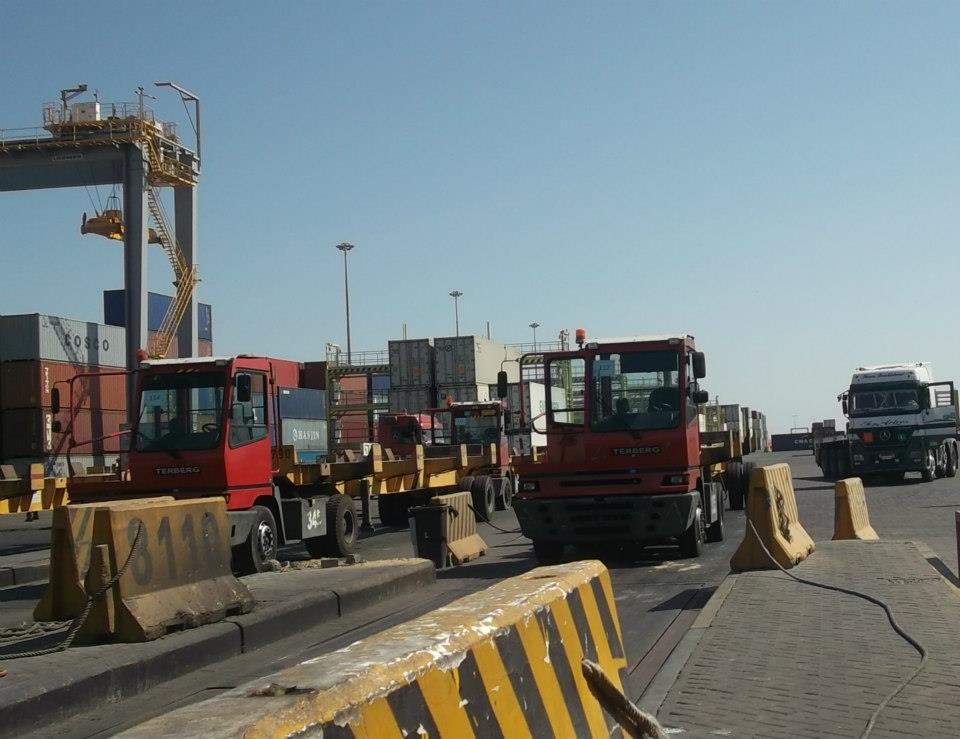Ministry of Investment accelerates PPP drive
CAIRO: Pushing forward with his widely publicized strategy of developing public-private-partnerships (PPP) as means of spurring economic growth, Minister of Investment Mahmoud Moheiddin said last week the ministry will introduce projects in education, transportation and healthcare by the end of the year.
Moheiddin maintains Egypt presents a lucrative market for the private sector to participate in public projects because of a number of factors, including a large population and cheap labour and energy.
The government will begin accepting tenders for the first project, construction of 50 schools in 11 governorates, in October, according to the Ministry of Finance (MOF). Contracts to be awarded call for the construction of elementary and secondary schools in governorates including El Sharkeya with 22 schools, Kafr El Sheikh with six and Alexandria with five.
Under proposed contract terms, the government commits to paying a rental fee to participating companies for periods of at least 15 years. The fees include operation, maintenance and finance charges if applicable. In return, the government will look for companies to construct and operate the schools at the lowest cost, according to MOF.
MOF will commit to paying monthly or half-yearly fees for the next 15 years, says a MOF statement. That provides the government s guarantee for the banks and the contractors.
Critics of Moheiddin s strategy point to the failure of previous trials of PPP programs in the health sector. The government opened a portion of El Kasr El Einy Hospital, for example, to private investment in order to bring up the standard of services provided throughout the hospital. Profits from the private section of the hospital were to be used to improve the free public section, but today, the public section remains far below international standards while the private section struggles to turn a profit.
Nihal Fahmy, political science professor at the American University in Cairo, says the success of the government s most recent attempt to bring PPP to the education system will depend on the participating companies. MOF says several companies have expressed interest, but has declined to reveal their identities.
We will not know for sure until we know which companies are participating, says Fahmy. Is the government s goal to reduce its responsibilities or involve a responsible private sector? If [the latter] is the goal then I don t see a problem with implementing such a deal. But the main issue remains; are these companies concerned with developing the education sector or are they profit-based?
Since 1991, the private sector has joined hands with the government on 16 projects worth $6.2 billion (LE 35.7 billion), mostly in telecommunication but also including transportation, irrigation, sewage and healthcare, according to MOF figures. Moheiddin points to the level of PPP achieved by other developing countries with comparable economies to Egypt such as Malaysia, which recorded 81 projects, over the same period, worth $38 billion and the Philippines, which recorded 78 projects worth $32 billion.
Government plans more trips to China
Minister of Investment Mahmoud Moheiddin will travel to China this coming week to strengthen economic ties, following the Minister of Trade s visit in early Sept. and leading up to the President s scheduled visit in Nov. 2006.
Speaking to Al-Masry Al-Youm, last week, Moheiddin said Egypt s focus on China represents a major shift in the government s economic policy. He says he plans to make similar trips to South Korea and Japan.
There are enough signs and evidence to give us reason to look to the East, he said. This is the reality that we must deal with. My visit, as well as Minister [of Trade and Industry Rachid Mohamed] Rachid s visit, are based on solid economic projections.
Egyptian-Chinese bilateral trade reached $2.3 billion in 2005, lagging far behind $17 billion in trade with the European Union and $5 billion in trade with the United States.
Mohamed Youssef, Egyptian Businessmen Association secretary general, says the government s apparent shift to Asian markets to draw investment and open new markets for local products is long overdue.
We have to be realistic; China is one of the major players in the global market today, says Youssef. We have traditionally not been able to benefit from China. We receive only low-quality products that we can afford to buy. But Chinese manufacturing has proven itself all over the world. So now is the time to benefit from Chinese know-how and expertise to help us produce high-quality products.

